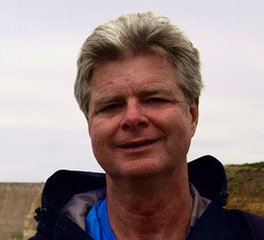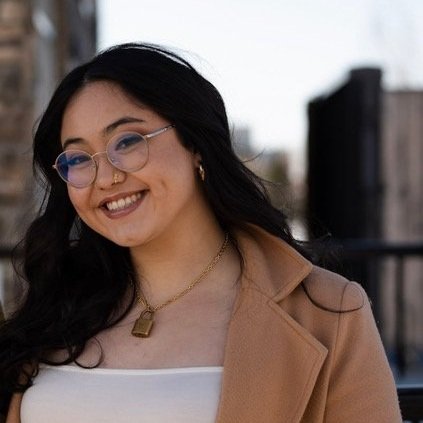
About Us
Home | About | Membership | News | Activities | Resources | Contact
-
The Canadian Restorative Justice Consortium is a non-profit organization, established in 2012.
-
Making Restorative Justice visible and viable for all Canadians.
-
The CRJC facilitates RJ nationally by:
Serving as a hub for RJ practitioners, programs, agencies, and networks/associations;
Creating opportunities for sharing, connecting and informing; and,
Supporting the learning, understanding, and practice of Restorative Justice.
-
Leadership – the CRJC furthers the growth and evolution of RJ in Canada and provides opportunities to explore challenges, issues and gaps in the RJ field.
Transformation – the CRJC believes in the potential for people, organizations, communities, institutions, and society to grow and change in positive ways.
Inclusiveness – the CRJC believes in the equality of all people. It invites victims, offenders, families, children and youth, communities, government, and other institutions to participate in its processes and activities, and it engages all sectors where RJ is or could be used.
Respect – the CRJC honours the sacredness, dignity, and inherent value of every person.
Courage – the CRJC speaks out boldly and passionately about the role of RJ and advocates for access to RJ practices.
Accountability – the CRJC is transparent and responsive to its members, the Canadian public, and funding organizations.
Creativity – the CRJC searches for innovative ways to address challenges and uses new technology when appropriate.
-
Embrace RJ values, ideas, practices and language in its processes, structures, actions and communications.
Respect the autonomy of local, regional and provincial/territorial RJ programs.
Work collaboratively across geographic areas with relevant organizations/systems whenever possible.
Listen to the stories, views and experiences of its members and others.
Reflect on its own actions and experiences and consider whether they are congruent with restorative values and how they support RJ.
Be open to suggestions and challenges and be willing to work through difficult issues.
Share research evidence concerning RJ programs and practices.
-
Promote dialogue and public education about RJ by creating a central hub for RJ information and knowledge and promoting the use of RJ through public awareness activities.
Encourage the collaborative development of restorative justice partnerships and community-building by establishing, maintaining and strengthening relationships with RJ stakeholder networks, associations, agencies and programs in a range of sectors at the national, provincial/ territorial and local levels.
Ensure sustainable and accountable operations by providing leadership to ensure the viable operations of the CRJC, and oversight of operational processes and policies.
Meet the Team
-

Gillian Sayer
CHAIR
Gillian is a forensic scientist and expert witness with over 15 years of experience in the field. Gillian developed an interest in restorative justice while obtaining a certificate in Indigenous Knowledges and Experiences from Toronto Metropolitan University in 2022 and is enthusiastic about spreading awareness of restorative practices within Canada. She brings with her a knowledge of the Canadian criminal justice system and a keen understanding of the seriousness of criminal matters for all parties involved. In her spare time, Gillian enjoys volunteering at a local drop-in centre for people experiencing homelessness and sewing one-of-a-kind garments for friends and family.
-

Sheri Halladay (she/her)
VICE CHAIR
Sheri began as a volunteer with Community Justice in 2000. In 2001, she was honored to become a staff member. Sheri has witnessed restorative practices broaden to include communities of care with victims’ and offenders’ families and friends participating in collaborative processes called forums, conferences, or circles. Sheri holds restorative practices in very high regard as you can tell by the passionate was she speaks about the process. She is amazed at the authentic and genuine emotions that are shared, the body language that is translated, and the positive energy that steps out. Sher has endorsed and supported the relationships that are mended and strengthened in out community. Sheri is the mother of two adult daughters whom she adores…because they make her so proud.
-

Jenna Smith (she/her)
TREASURER
Jenna recently graduated from the University of Regina and has a bachelor's degree in Human Justice. She grew up on an acreage in Saskatchewan within Treaty 4 territory and has a vast range of interests that include decolonization and conflict resolution. Outside of academics, Jenna spends a lot of time with her family, coaches the Special Olympic track and field team in Regina, and kiteboards. It is Jenna’s aspiration to lead others in creating a justice system that is more accessible and nurturing for the betterment of all.
-

Adriana Appleton (she/her)
SECRETARY
Adriana is the Executive Director of the Micah Mission located in Treaty 6 Territory & the Homeland of the Métis | Saskatoon, SK. She is a restorative justice advocate and practitioner with a special interest in utilizing restorative processes in situations involving sexualized violence. As a survivor of sexualized violence, Adriana holds the belief that people who cause harm – that want help – can change. She is motivated to create opportunities for authors of harm to acknowledge harm, seek accountability, dismantle power imbalances that enable violence, and have a deeper understanding of the impacts of sexual harm. Since 2015 Adriana has been actively involved in Circles of Support and Accountability, provincial and national restorative justice campaigns, and most recently efforts to encourage the use of vicarious restorative justice processes.
-

Chuck Daly (he/him)
Chuck’s restorative journey began in 1995 while he and his high school students were experiencing their first of what would result in ten reciprocal student exchanges with Inuit and Indigenous communities throughout Canada. Prior learning from Justice Barry Stuart and The Church Council on Justice and Corrections led to a successful RJ Circle at the school to deal with harm resulting from an assault. Chuck has trained in, observed, and worked with restorative approaches in Australia, Canada, New Zealand, the United Kingdom, and the USA. Along this journey, Chuck was challenged to rethink the term restorative justice. This led to a new relational understanding of RJ for Chuck. He no longer views RJ solely as an external process focused on repairing harm. He uses the term Restorative or Relational Practice to describe a proactive approach that encourages all to intentionally build each relationship to create connection, engagement, and greater understanding.
-

Nicole Mah (she/her)
Nicole is a student at the University of Regina completing her Bachelor of Human Justice Degree, with a minor in Law and Society. She has previously completed and obtained her Liberal Arts Diploma with a minor in Psychology, and a certificate of Human Justice. Nicole is passionate about restorative justice and demonstrates a strong commitment to advocating for and fostering positive change. She is a founding and executive member of the University of Regina’s Restorative Justice Club, an active member of the Saskatchewan Restorative Justice Network, and a member of the planning committee for the National Restorative Justice Symposium of 2023. Nicole’s dedication to human rights and justice is also evident in her role as a board member of Amnesty Regina Group #91. Nicole’s profound connections to her hometown, Regina, Saskatchewan, further fuel her drive to address systemic issues within local communities.
-

Ross McMurchy (he/him)
A recovering alcoholic of 34 years, Ross has done a lot of work on himself and with others. Ross completed a Trauma and Addiction Certificate at Algonquin college, has sat on township committees, and was a Big Brother for many years and used his experience to chair the events committee of the organization. Further, Ross was a co-counselor at Rideauwood for approximately 10 years, working mostly in a group environment. Then, Ross transitioned to helping at Serenity Renewal for Families and organized rural workshops for several years. Currently, Ross works as a facilitator with Lanark County Restorative Justice. Recently, he has stepped back from being chair of the Montague Police Board and the Lanark County Police Association. Ross shows great passion for Restorative Justice and loves being in the field.
-

Komal Gupta
Komal is a legal professional with over 9 years of experience in drafting, reviewing, and negotiating commercial contracts. Currently pursuing an MBA in Sustainability from Warwick Business School, Komal has completed a sustainability module from Sauder Business School (University of British Columbia). Komal has previously obtained her Bachelor’s Degree in Commerce and Law, and a Master’s Degree in Commercial Law. Komal recently engaged in a transformative experience during a meeting with the Indigenous community at the University of British Columbia in Vancouver. This encounter left a profound impact, inspiring her to use the legal expertise to serve communities in need. Komal is currently serving the community as a volunteer of Results Canada.
-

Ayelah Amjad (she/her)
Ayelah was nominated to join the board of the CRJC in 2024, driven by her intrigue in the restorative justice process. With a background in Engineering and Project Management, she has developed a strong foundation as a problem solver, always analyzing situations to find effective solutions. A firm believer in the power of healing and reconciliation over punishment, Ayelah recognizes the transformative potential of addressing the root causes of conflict. She is dedicated to continuously seeking out innovative solutions and is committed to creating systems that promote fairness, understanding, and lasting change for generations to come. Ayelah believes that it takes a lot of courage to self-reflect, and that restorative justice can happen if everyone gathers the courage to introspect.
-

Kat Kerr
Kat is a passionate advocate for youth mental health and restorative justice approaches from the beautiful island of Newfoundland. She brings a powerfully unique perspective that was acquired through the lens of lived experience and a background rooted in navigating complex systems at a young age, as well as a global journey working with youth as a way of healing and connection. As a Complex PTSD survivor, Kat has a deep understanding as to why restorative justice practices are so needed in a world such as today's. She is skilled at creating environments that foster safety, trust, and vulnerability - where others feel seen, valued and believed in. When Kat isn’t using her voice to help others reclaim theirs, she can be found sitting by the ocean watching the wild Newfoundland swells, hiking to some breathtaking views, or jet-setting off on a new adventure. Her goal is to make the world a kinder place to live in - one person, one story and one act of compassion at a time.


